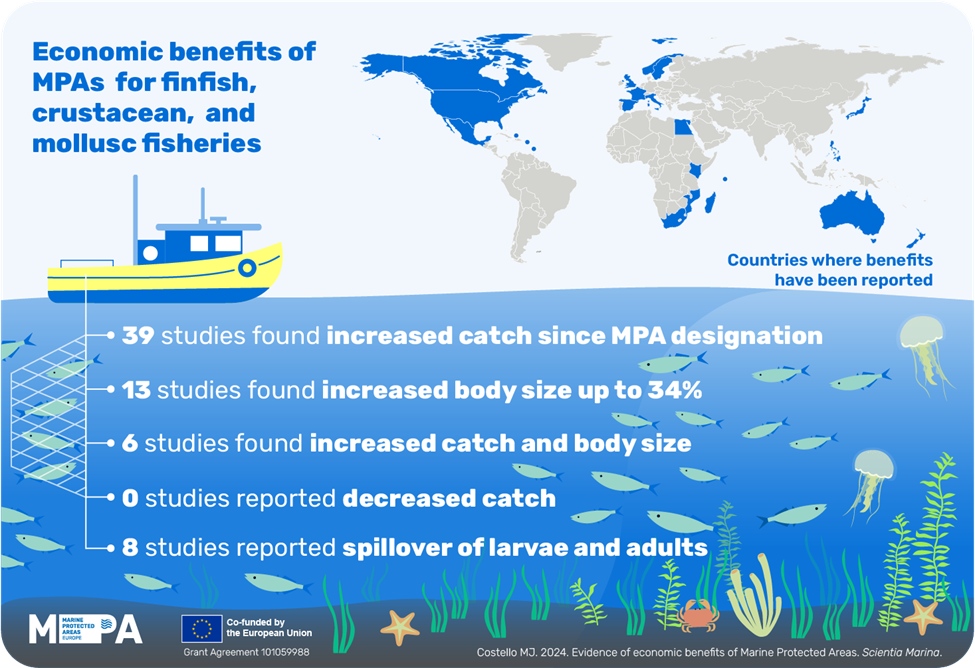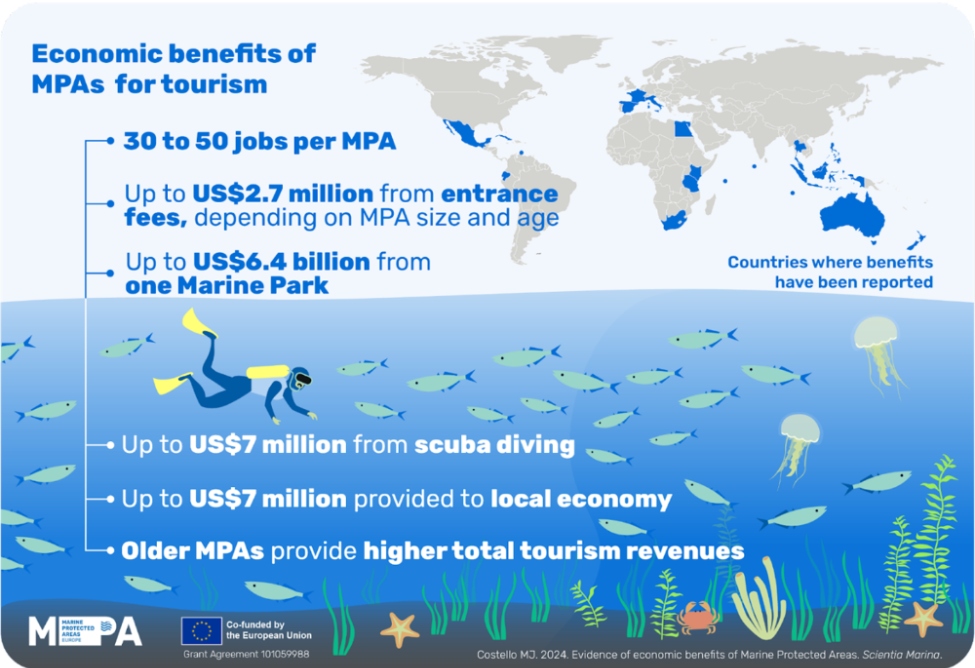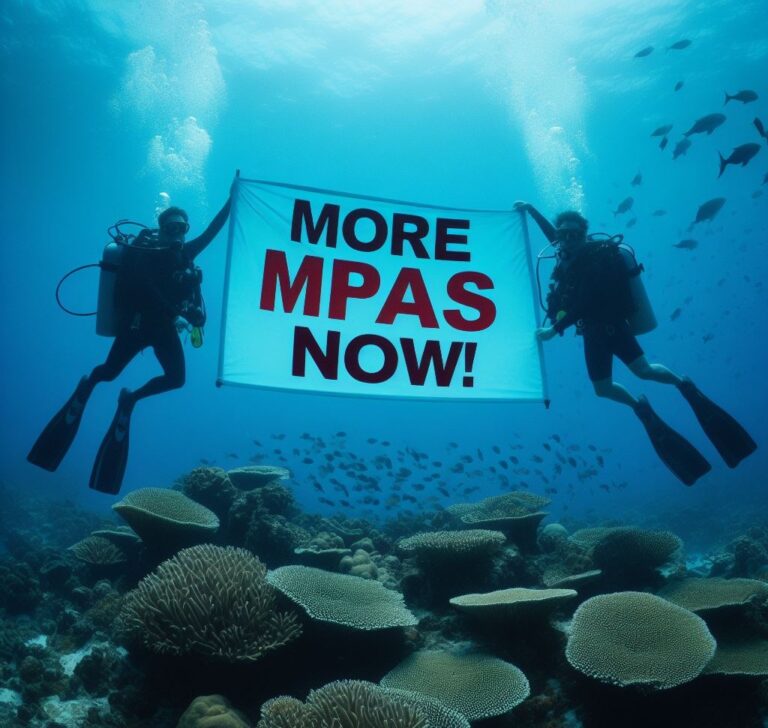A new study of 51 Marine Protected Areas (MPAs) in more than 30 countries across North and South America, Europe, Africa, Asia and Oceania has concluded that in every case their existence boosted either fishing or tourism – with profits sometimes in the billions of dollars.
“In every corner of the globe, ocean protection boosts economies,” said study author Dr Mark John Costello, a professor at Norway’s Nord University. “For far too long, marine parks have been overlooked as GDP generators and job creators.
“This study offers the strongest evidence yet that protecting the ocean replenishes it with abundant fish, protects it against climate change but also boosts local and national economies. Now we can add tourism operators and fisheries to the list of ocean protection beneficiaries.”
Proving that not only tourism but fisheries benefit from imposing strict environmental protection measures is regarded as crucial in securing the active support of fishing and other communities.
The peer-reviewed study was described as the most comprehensive assessment of its kind by National Geographic Society Pristine Seas as it welcomed the findings.
It said that the paper built on previous research showing that fully protected areas could help to restore fish populations by an average of 500%, yield bigger fish over time and replenish fisheries surrounding the MPAs.

Examples reveal that MPAs result in spillover that increases the catches of species outside the area, ranging from the small crustaceans to the large, migratory fish such as tuna.
‘No-take’ ideal
Costello reviewed 200 previous studies covering 51 MPAs in diverse ecosystems from coral reefs, kelp forests, mangroves, rocky reefs and salt marshes to mudflats and sandy and muddy seabed habitats. Some limited human activities while others banned them altogether.
Economic benefits to fisheries were reported for 25 countries across the North Atlantic, North Pacific, South Pacific and Indian Oceans, and benefits to fisheries adjacent to MPAs were detected in 46 MPAs (90%), including both increased catches (76%) and fish body size (25%). Spillover was detected in 16% of cases.
MPAs delivering the greatest economic benefits were the “no-take” marine reserves, but less than 3% of the ocean is currently under such strict protection.
“Significantly, the study finds no evidence anywhere, at any time, that MPAs imperil the fishing industry, which has traditionally been an outspoken opponent of ocean protection,” said Costello.
“The fishing industry has historically sought to block no-take MPAs, arguing that banning fishing delivers a blow to profits. What this study unequivocally shows is that MPAs that ban fishing are not only more profitable, they are also cheaper to manage and maintain than MPAs with more complex fishing rules.”

Examples of economic benefits from tourism were found in 24 tropical and sub-tropical countries, as well as in temperate regions including France, Spain, Italy and New Zealand.
Coral reefs, mangroves and seagrass ecosystems were the most profitable, with some individual MPAs generating billions of dollars in revenue each year, and the more established providing the higher revenues.
These reserves included Australia’s Great Barrier Reef, Galapagos Mu Ko Phi Phi in Thailand and Ras Mohammed in the Egyptian Red Sea.
Pristine Seas view
“Outdated misconceptions about the economic impacts of MPAs are blocking progress on the world’s urgent conservation goal,” remarked Pristine Seas founder Enric Sala, who was not involved in the work, referring to the aim of protecting at least 30% of the oceans by 2030.
“This study demonstrates that both fishing and tourism benefit from national parks of the sea – a final blow to the argument that conservation is costly and harms fishing.
“The ocean is under threat from us. Science shows that establishing national parks at sea will help ocean life to bounce back – and provide more benefits to humanity. Governments should move the establishment of MPAs to the top of their agendas.
“Right now, only about 8% of the ocean is protected to some degree, which means we’ll need to add new protected areas every week to reach the 2030 ambition.”
The new study can be read in the open-access journal Scientia Marina.
Also on Divernet: Socorro study hoped to silence MPA critics, Why “marine protection” means little in Europe, Bottom-trawling banned in 4 UK MPAs, Government slammed on MPA slackness


